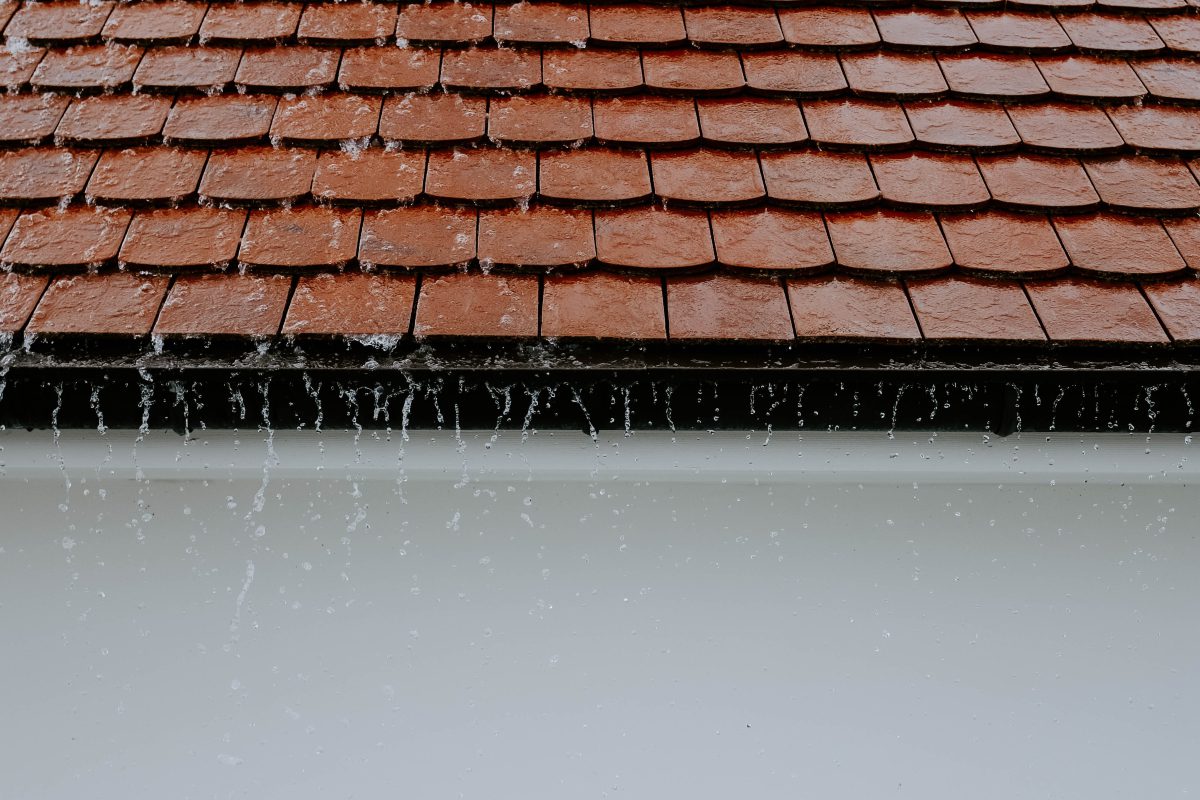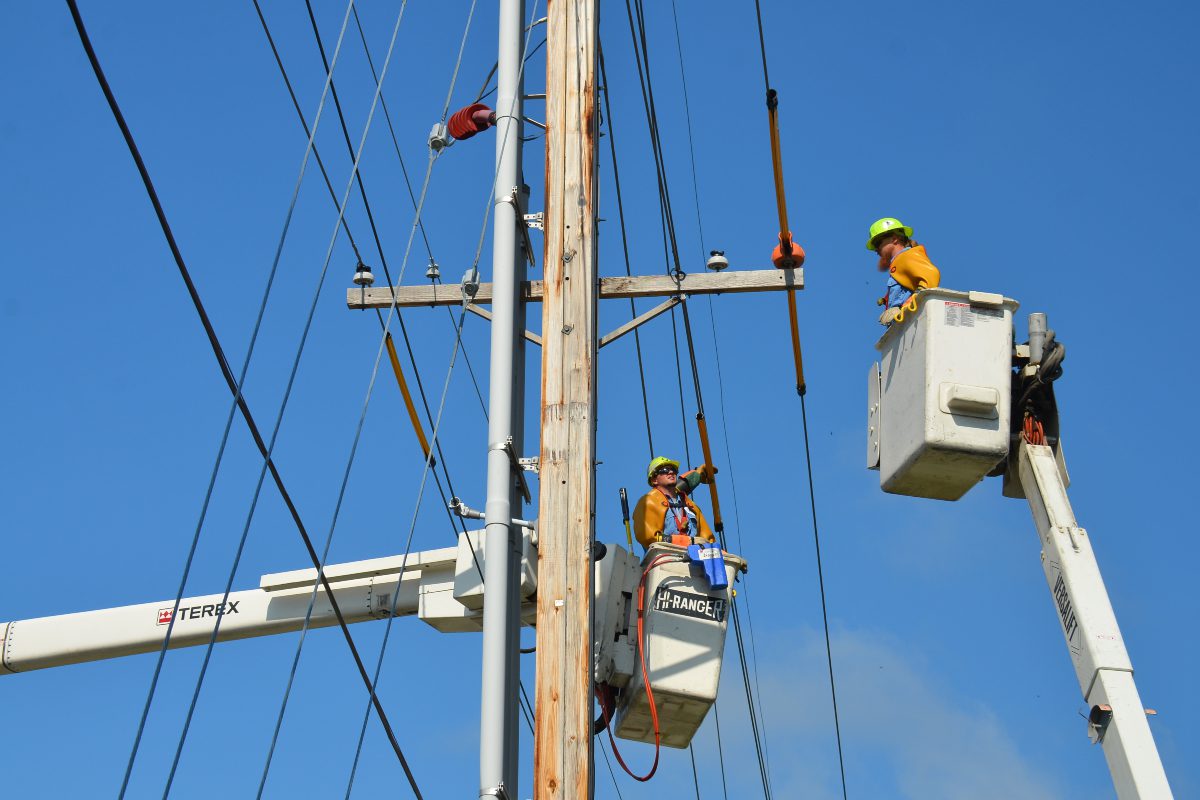Storm Damage: 9 Ways to Protect Your Property
Storm season is a scary and uncertain time, but with proactive measures, landlords can safeguard their properties and provide peace of mind to their tenants. There are lots of measures landlords and property management professionals can implement to protect their properties from storm damage year-round. With resilience as their shield, they can weather the storms and ensure safety and security.

1. Regular property inspections
One of the biggest tips for landlords to anticipate storm season is to prepare in the off-season. Conducting routine inspections to identify and address any maintenance issues or potential vulnerabilities that could be exacerbated by a storm is crucial. Doing these inspections ahead of time assures there's time to make sure solutions to problems are fool-proof before it's too late.
2. Maintain landscaping
A huge worry during storms, for residents and landlords alike, is trees falling. By trimming trees and branches that are close to the property, landlords are minimizing the risk of falling limbs or uprooting trees during a storm. This helps residents have peace of mind for their vehicles and apartments.

3. Secure loose objects during inclement weather
When the weather starts to turn bad, one of the first things apartment staff can do is to store or secure any loose items. This includes pool furniture, outdoor seating, garbage cans or anything that could become projectiles in high winds. Communicating to residents to secure any balcony furniture or bikes they have outside on the communal bike rack is important as well.
4. Reinforce doors and windows
Even with securing loose objects, things can still be picked up by extreme winds. Landlords should install storm shutters and impact-resistant windows, or reinforce existing windows and doors to protect against unpredictably strong winds and outside flying debris.

5. Clear gutters and drains regularly
Some aftermath or effects of storms are equally as damaging as anticipated winds and debris. Water backup and pipe damage are avoided by cleaning gutters and downspouts to ensure proper water drainage.
6. Invest in waterproof basements and crawlspace
Investing in waterproofing main areas (apartment entrance and floor entrance doors) and floors help minimize the risk of water damage during heavy rains.
7. Secure the roof
Another step the property team can take ahead of storm season is regular inspections of the roof. Roofing can take a heavy hit in storm weather due to high winds. By regularly inspecting the roof for loose or damaged shingles and making necessary repairs found, the roof has a better chance to withstand strong winds.

8. Ensuring a backup power source is on hand
During storm weather, even with minimal rain, power is the first thing to go. There's no telling how long a power outage will last, especially if the storm was particularly bad and mass areas are out of power. Properties that have a backup power generator help essential systems stay running during power outages like security systems and resident refrigeration units.
9. Educate tenants on storm damage
It's a team effort between landlords and tenants when it comes to protecting a property and staying safe during a storm. Landlords need to provide information and guidelines to tenants on storm preparedness, including emergency contacts, evacuation procedures and how to secure their individual apartments. Communicating the steps the property is taking is equally important to ensure tenants feel safe and protected.

Endure the storm and rise with resilience, together
Storm season is full of uncertainty. Taking these steps helps ensure your property and tenants are safe, which is priceless. Additionally, it's always a good idea to consult with professionals, such as contractors or property management experts, to ensure you're taking the appropriate and effective measures for your specific property and location. Together, landlords and tenants can be ready for whatever the storm brings.

